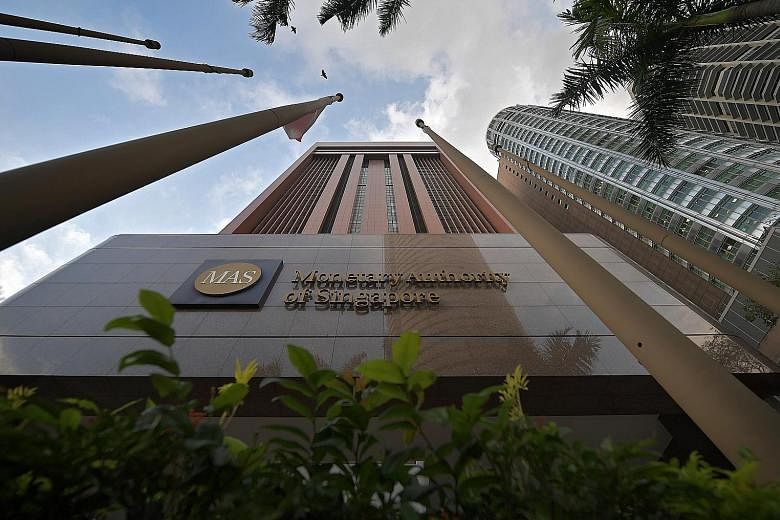Banks and other financial institutions could be forced to share their e-payment systems to ensure that processes for consumers are compatible across the country.
The move comes as the use of digital-based payments is becoming increasingly popular alongside innovations like e-wallets on smartphones.
But with so many banks and other financial firms in the fast-growing market, the danger is that incompatible systems arise that end up making these services unviable.
The Monetary Authority of Singapore (MAS) said yesterday that the lack of what it terms interoperability is looming as a major risk. It added that it needs to be able to reduce fragmentation and enhance confidence in acceptance of e-payments.
"If key customer-facing payment services do not interoperate, consumers will not have a simple and standardised experience, which is important to promote growth and development of the e-payments ecosystem," MAS said.
It is proposing that it be granted the power to force big banks here to open up their payment rails to competitors and third-party players to ensure that large payment systems are compatible with one another.
It would be akin to a railway network that lets trains owned by different firms use the rails, allowing commuters to hop on different lines quickly and easily.
The MAS proposal would be part of the new Payment Services Bill that is set to replace the existing regime.
It wants to be able to impose three types of interoperability measures.
One is known as an "access regime", which the MAS already ensures under the existing regulatory framework. This allows it to mandate that a payment system operator let third parties access its system to provide services on "fair and reasonable commercial terms".
The MAS is looking to import these powers for the new Bill as well as the right to mandate any major payment institution to participate in a common platform so that major e-wallets will be compatible.
The regulator also wants to be able to mandate big players to adopt a common standard to make widely used payment acceptance methods interoperable. One such standard is the upcoming QR - or Quick Response - code.
MAS also noted that virtual currencies pose money laundering and terrorism financing risks, so it wants companies offering virtual currency services to hold a payment licence.
The public consultation will run until Jan 8.

